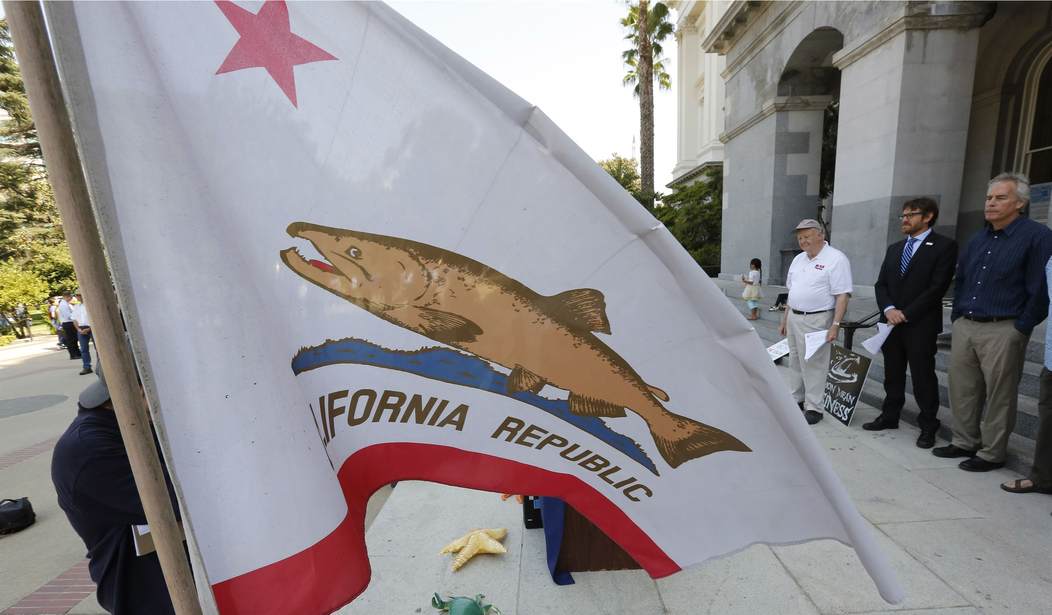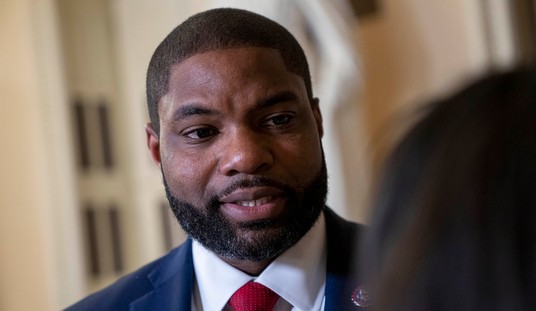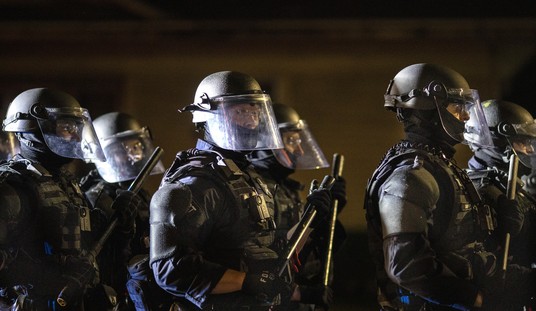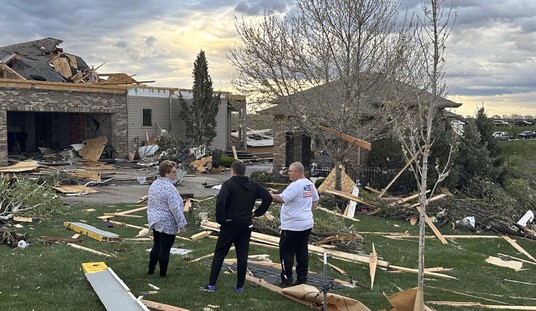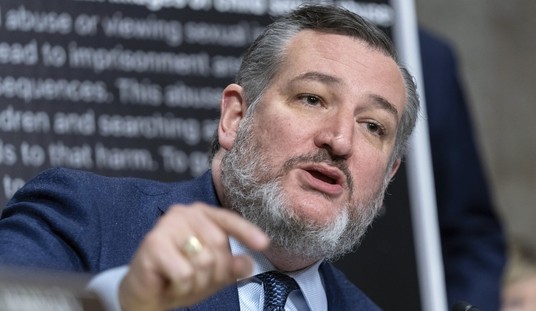This is a story about how the government works to prevent good people from doing good things. As if being a constant violator of natural rights isn’t enough, the state not only places unnecessary obstacles in front of those seeking to make a living, it also makes it harder for people to serve their communities.
Micah’s Way, a Christian charity organization in Santa Ana, California, is embroiled in a legal battle against the city because the local government has cracked down on the organization for committing the unpardonable sin of helping homeless people. The situation has become so untenable that the Justice Department is getting involved.
The Los Angeles Times reported:
After Santa Ana officials ordered the nonprofit, Micah’s Way, to stop distributing food and drinks at its resource center — arguing that doing so violated the municipal code — the city denied its certificate of occupancy and warned it could be fined and prosecuted. That drew a lawsuit from Micah’s Way this year claiming that the city’s actions infringed on the nonprofit’s right to religious exercise.
The U.S. Department of Justice (DOJ) has intervened in a lawsuit filed by Micah’s Way, a Christian charitable group in Orange County, against the city of Santa Ana, California. The agency filed a “statement of interest” in the case, arguing that the city’s crackdown on Micah’s Way’s snack service for the homeless violates laws safeguarding religious activity from discriminatory, local land use regulations.
A statement of interest is a legal document filed by a third party that expresses their opinion or position on a particular case or legal issue. The filing allows the DOJ to participate in the case, provide its legal analysis, and argue in favor of its interpretation of the relevant laws.
Micah’s Way has been threatened with fines and criminal penalties for using their property to provide snacks and coffee to the homeless. The DOJ asserts that religious groups should be allowed to exercise their religion by providing charitable services based on their religious beliefs.
Micah’s Way has been operating a resource center since 2005, where they assist poor and homeless individuals with various services, including providing snacks and coffee. However, issues arose in 2020 when the group moved its operations outside due to the pandemic. Much of the problem had to do with a nearby needle exchange that had opened across the street from where the organization was serving the community.
The increased presence of people using the needle exchange resulted in complaints from neighbors and led to Micah’s Way being blamed for “troublesome incidents.” The city of Santa Ana issued a citation to Micah’s Way for lacking a valid certificate of occupancy, demanding that they obtain one or cease operations. The group’s subsequent attempts to obtain the certificate were denied, as the city claimed that food distribution was not permitted in their property’s zoning.
Santa Ana continued to refuse the certificate of occupancy unless Micah’s Way agreed to several nonnegotiable conditions, including ceasing all food distribution at the resource center and ending their outreach work to the homeless. In response, Micah’s Way filed a lawsuit alleging that Santa Ana is in violation of the Religious Land Use and Institutionalized Persons Act (RLUIPA), a law that prohibits local governments from imposing substantial burdens on religious exercise without compelling justification.
The city argued that the provision of snacks was a minor activity, not a substantial burden. The DOJ’s “statement of interest” rejects Santa Ana’s argument and urges that the case be allowed to proceed.
In a press release, U.S. Attorney Martin Estrada for the Central District of California highlighted that the “free exercise of religion is a bedrock principle of our nation,” and that religious organizations “should be entitled to exercise their religion by providing charitable services based in their religious beliefs.”
Micah’s Way tried to mollify the city’s concerns on numerous occasions. It agreed to move its operations back inside of its facility and only provide food when providing its other services. It didn’t work. The city refused to grant the organization a certificate of occupancy, unless the group ceases offering and delivering food. It also demanded that the group stop outreach work to homeless folks.
In its lawsuit, Micah’s Way states that feeding the homeless is part of its religious mission. They contend that the city’s actions place an undue burden on the group for no valid reason.
“[Micah’s Way] has now been confronted with the binary choice between the following two unacceptable alternatives,” the lawsuit notes. “Obtaining a [certificate of occupancy] for [its] Resource Center by agreeing to abandon their religious beliefs in providing food and drink to the needy or…remaining true to their religious beliefs and then facing potential fines and prosecution.”
There is so much wrong with this story that it is difficult to know where to start.
If a governing authority’s role is to protect our rights, none of this makes any sense. Micah’s Way is not harming anyone by feeding the homeless and providing other services. For what reason does the city’s government have the authority to tell someone whether they can offer sustenance to the needy? Why should it be empowered to threaten the people working with Micah’s Way because of unnecessary zoning requirements?
Most importantly, whose rights are they protecting with these ridiculous laws?
In essence, the city is imposing fines that, if not paid, would likely result in the arrest and imprisonment of the people running the group. Let’s be blunt: The local government is willing to send men with guns and badges to round people up over feeding hungry folks.
This story comes as no surprise given that this is taking place in California, a bastion for left-wing authoritarianism. But laws like these exist even in red states. The problem is that nobody questions them – we take for granted that the state should have the authority to dictate whether we can give food to people in need or anyone else. Perhaps it’s time we start.

